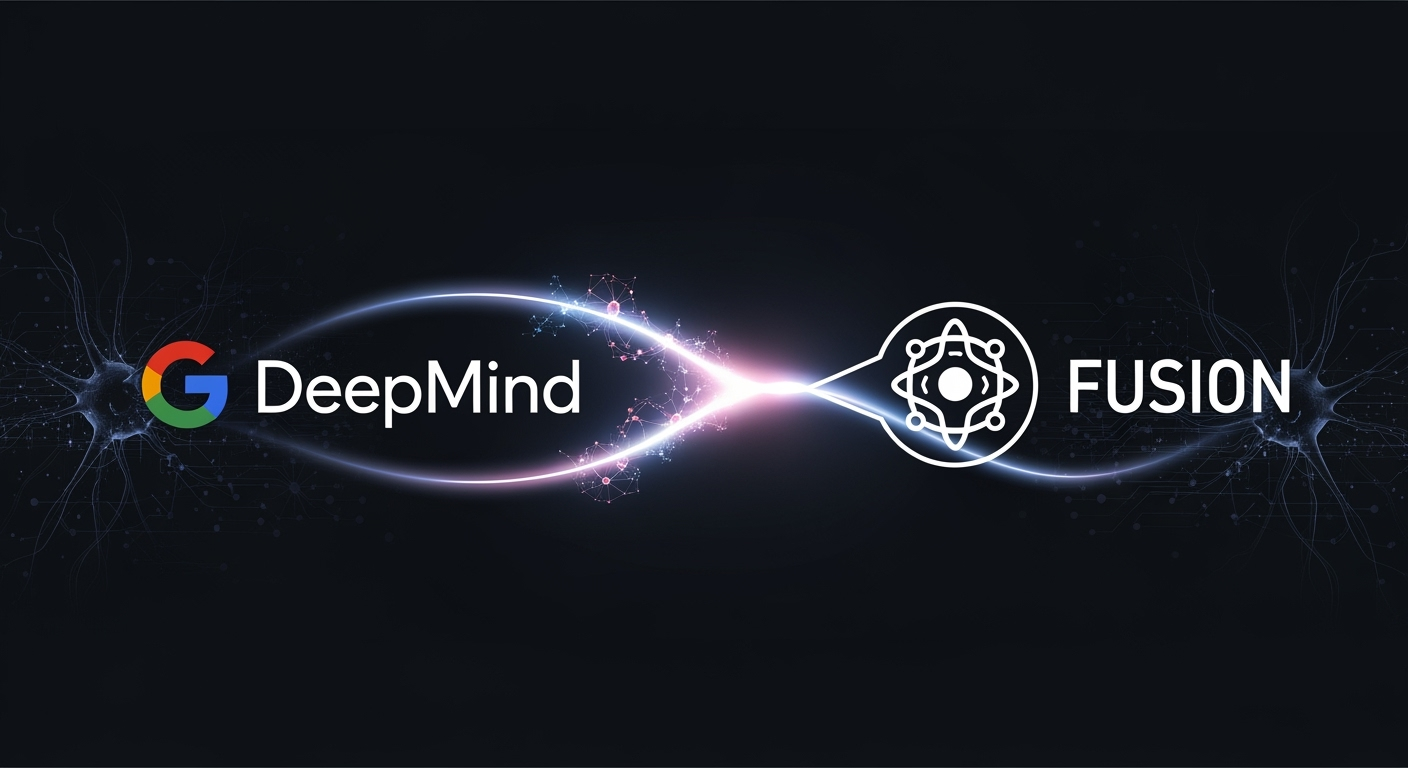How Google DeepMind Is Shaping the Future of Fusion Energy With AI

Google DeepMind and Commonwealth Fusion Systems: Accelerating Fusion Energy With AI
In a significant development for clean energy, Commonwealth Fusion Systems (CFS), a leading fusion energy startup, has partnered with Google DeepMind to optimize and improve the performance of its upcoming Sparc fusion reactor using artificial intelligence.
AI Meets Fusion: The Torax Advantage
The collaboration centers around DeepMind's specialized software, Torax, which simulates the plasma inside CFS’s reactor. By combining Torax simulations with advanced AI models, the partnership aims to solve one of the most challenging problems in fusion energy: how to maintain and control the extreme conditions necessary for fusion power.
- Fusion power offers the promise of abundant, zero-emissions electricity from water-derived fuel.
- AI-driven approaches are crucial because the behavior of plasma inside a reactor is highly complex and dynamic, with far too many variables for manual control.
Why Tech Giants Are Turning to Fusion
Fusion startups have attracted significant attention from the tech sector, especially those operating energy-intensive data centers. Google itself has invested in multiple fusion companies and has previously collaborated with TAE Technologies to use AI for plasma studies. The renewed focus on fusion stems from the unique ability of AI to handle complex, real-time control challenges that are essential for sustaining fusion reactions.
The Challenge: Controlling Plasma
Unlike nuclear fission, fusion reactions are difficult to sustain because plasma tends to lose heat and stability. In stars like the Sun, massive gravity contains the plasma, but on Earth, reactors use powerful magnets. Even then, operators must continuously adjust conditions to keep the plasma stable and hot enough for energy production.
This is where AI excels. DeepMind's models can analyze vast streams of data from the reactor and adjust control parameters in real time—something beyond human capability.
Progress and Investment
CFS is currently constructing Sparc, its demonstration reactor near Boston. The project is two-thirds complete and aims to be the first fusion device to generate more energy than it consumes. Google has been an active supporter, participating in CFS’s $863 million Series B2 funding round alongside Nvidia, and has also committed to buy 200 megawatts of fusion electricity from CFS's first commercial plant, Arc, planned for Virginia.
Beyond financial backing, Google’s AI expertise could be key for making fusion commercially viable. Torax, paired with reinforcement learning or evolutionary algorithms, may discover the most efficient paths to sustained net-energy production. The companies are also exploring real-time AI-controlled operation for future reactors.
What’s Next?
As fusion research accelerates, the partnership between CFS and Google DeepMind could set a new standard for how AI can revolutionize the energy sector. If successful, it could pave the way for reliable, clean, and virtually limitless power—unlocking a future where data centers and cities alike are powered by fusion.
References
- Energy startup Commonwealth Fusion Systems said Thursday it’s working with Google’s DeepMind division to fine tune — and even improve — the operation of its forthcoming Sparc reactor using AI.
- Google said Torax can be used with reinforcement learning or evolutionary search models to find the “most efficient and robust paths to generating net energy.”





